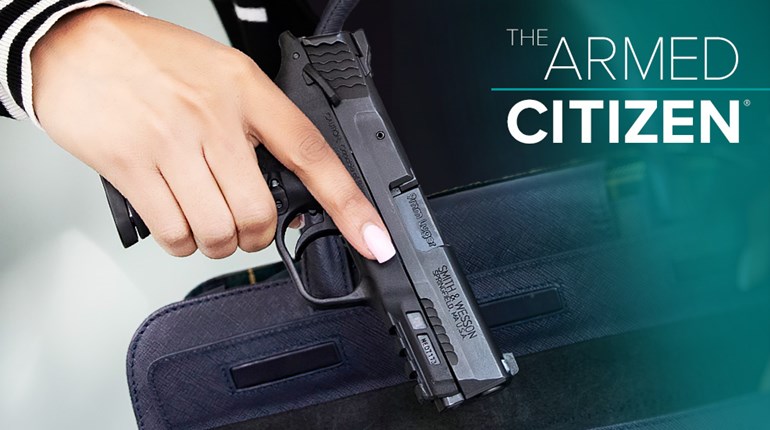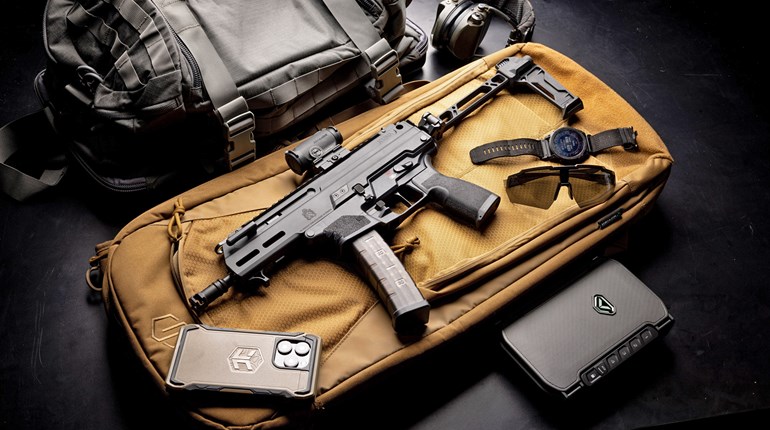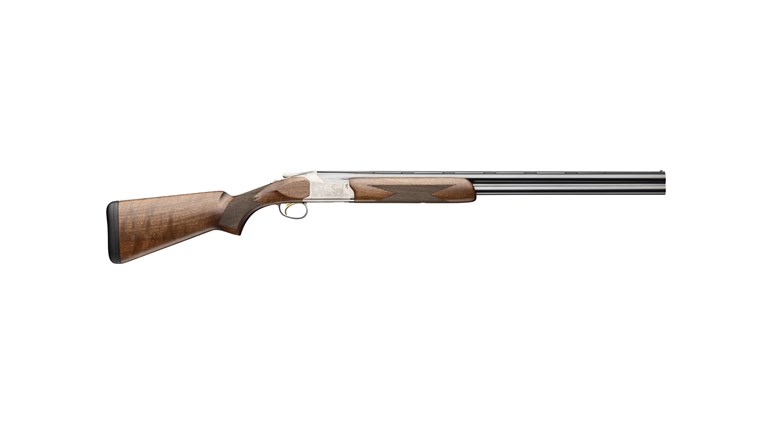
Tiger McKee, the lead instructor at the Shootrite Firearms Academy in Langston, AL, really likes using an ankle holster. He uses them a lot for carrying a back-up pistol or even for carrying his primary gun when a holster on the belt isn't an option.
An ankle holster works well when drawing from positions other than standing. As McKee explains, "If I'm curled up in a fetal position, trying to keep the bad guy from kicking my head in, the draw from [an] ankle holster may be quicker and safer than trying to draw the weapon on my belt. If I'm seated in a car or behind a desk the ankle holster can be easier and/or quicker to access."
For these reasons the ankle holster has always been popular with police officers who carry back-up guns. When I worked the street, I carried an ankle holster most of the time—initially for a snub-nose revolver, but after I was issued a Glock 22, I carried a Glock 27 in an ankle holster.
For comfortable ankle holster carry, you need to have some ankle to strap it to. I've always had skinny ankles, but wore boots when in uniform so that helped some. Still, there was a learning curve associated with ankle carry, especially with handguns as large as the Glock 27. Initially, with 25 ounces strapped to your leg, you will walk like Festus Haggen. (If you don't know who Festus is you've probably never heard of Marshall Matt Dillon either. You're a whipper-snapper. Go ask your father, he'll know.)
Ankle holsters won't work with just any pair of pants. Trousers need to be cut a bit longer than normal or not only will everyone see that your socks don't match, they'll know you have a gun strapped to your leg. Trouser legs also need to be cut wide. This helps you access the handgun and keeps it from printing.
McKee also stressed that, "When choosing to carry an ankle holster you need to dedicate yourself even more to practice, especially on drawing from compromising positions." He's right, and like Close Combat Instructor Michael Janich who was trained by Col. Rex Applegate points out, "Ankle holsters require the use of two hands to clear the pant leg and draw the gun. For tall or heavy shooters or those with limited flexibility, drawing from an ankle holster may be very difficult."
Then there's the issue of which leg you wear the ankle holster on and do you wear it on the inside or outside of the leg. If used to carry your primary gun, it needs to be accessible by your strong hand. That means it's worn on the inside of your weak-side leg or the outside of your strong-side leg. The problem with outside carry is that you will invariably bump the gun on just about everything.
If you use an ankle holster to carry a back-up gun, consider making it most accessible for the weak hand. This makes sense, especially in a situation where you are going for the back-up gun because you have been wounded. Maybe your strong hand has been disabled and you've dropped your primary weapon.
In my skinny-legged opinion, all ankle holsters are uncomfortable. Since I gave up my badge, I've never used one outside a range during a training class. From an armed-civilian standpoint, I think they're best suited to the carry of super compact handguns like the Ruger LCP II or the Taurus TCP. But, everyone's needs and physical make-up are different, and you might find the ankle holster just right. If so, buy the best one you can find. More than any other holster you'll wear, fit and comfort are most important with the ankle rig.
I'll leave you with another comment from Janich, "Like any other concealed-carry choice, you need to balance convenience, concealability and ease of access to achieve a compromise that works well for you. You then need to structure your tactics and training around that compromise to ensure you can react quickly and competently when you need to."




































